By Amit Roy
FATHER CLEARY, our English teacher at St Xavier’s School in Patna, taught us never to use the expression, “return back” – “otherwise you will end up where you started”.
Still, the question is whether British Indians – those who came to the UK as first-generation immigrants and their children and grandchildren born here – ever think about “returning back” to India in retirement?
In the fourth series of The Real Marigold Hotel, inspired by the movie of the same name, it was heart-warming to see the mother country through the eyes of the actor John Altman; entrepreneur Duncan Bannatyne; cricket commentator Henry Blofeld; actress Susie Blake; entertainer Paul Chuckle; singer and actress Barbara Dickson; former Swedish Bond girl Britt Ekland; and fashion designer Dame Zandra Rhodes. They spent three weeks, divided between Pondicherry in the south and Rishikesh in the Himalayan foothills.
I found “my dear old thing” Blofeld the most entertaining because I have always enjoyed his cricket commentary. He has been to India before and concluded: “I was delighted to have all my impressions of the charm, gentleness and friendliness of the Indian people confirmed. They are a real delight, nothing is too much trouble and, language barrier permitting, they fell over backwards to be helpful.”
Altman said, “The heart of India is the real India,” while Bannatyne commented, “I was most surprised by the energy of the people, the kindness of the people. And the feeling of being very safe among them.”
Chuckle was surprised by “how totally friendly everyone we met was, so nice” but admitted he realised “how lucky we are to be here in the UK. Not a lot of money out there and it’s too hot for comfort, but still very relaxing.” Blake was “very moved” while Dickson said, “What an ancient and magical place it is”. Ekland remarked on “the strength of the Indian women... they truly were the backbone of the part of India I saw”; while for Rhodes, “India is one of my most favourite countries to visit”.
It is curious that despite the experience of the Raj, Indians and Brits get on so well. The BBC should try bringing over a group of Indians in a Marigold Hotel experiment in reverse. After three weeks in exotic locations – say, Wembley and Leicester – it might have trouble persuading them to “return back” to India.





 LONDON, ENGLAND - JUNE 22: Baroness Floella Benjamin speaks during the unveiling of the National Windrush Monument at Waterloo Station on June 22, 2022 in London, England. The photograph in the background is by Howard Grey. (Photo by John Sibley - WPA Pool/Getty Images)
LONDON, ENGLAND - JUNE 22: Baroness Floella Benjamin speaks during the unveiling of the National Windrush Monument at Waterloo Station on June 22, 2022 in London, England. The photograph in the background is by Howard Grey. (Photo by John Sibley - WPA Pool/Getty Images)









 Ed Sheeran and Arijit Singh
Ed Sheeran and Arijit Singh Aziz Ansari’s Hollywood comedy ‘Good Fortune’
Aziz Ansari’s Hollywood comedy ‘Good Fortune’ Punjabi cinema’s power-packed star cast returns in ‘Sarbala Ji’
Punjabi cinema’s power-packed star cast returns in ‘Sarbala Ji’ Mahira Khan
Mahira Khan ‘Housefull 5’ proves Bollywood is trolling its own audience
‘Housefull 5’ proves Bollywood is trolling its own audience Brilliant indie film ‘Chidiya’
Brilliant indie film ‘Chidiya’  John Abraham
John Abraham Hina Khan and her long-term partner Rocky Jaiswal
Hina Khan and her long-term partner Rocky Jaiswal  Shanaya Kapoor's troubled debut
Shanaya Kapoor's troubled debut Sana Yousuf
Sana Yousuf



 Shraddha Jain
Shraddha Jain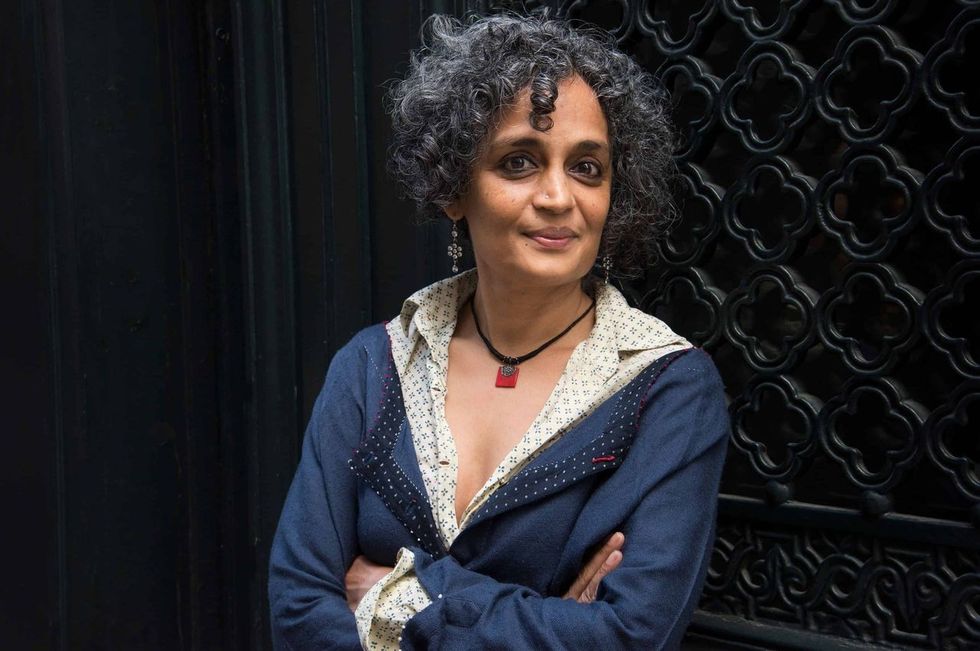 Arundhati Roy
Arundhati Roy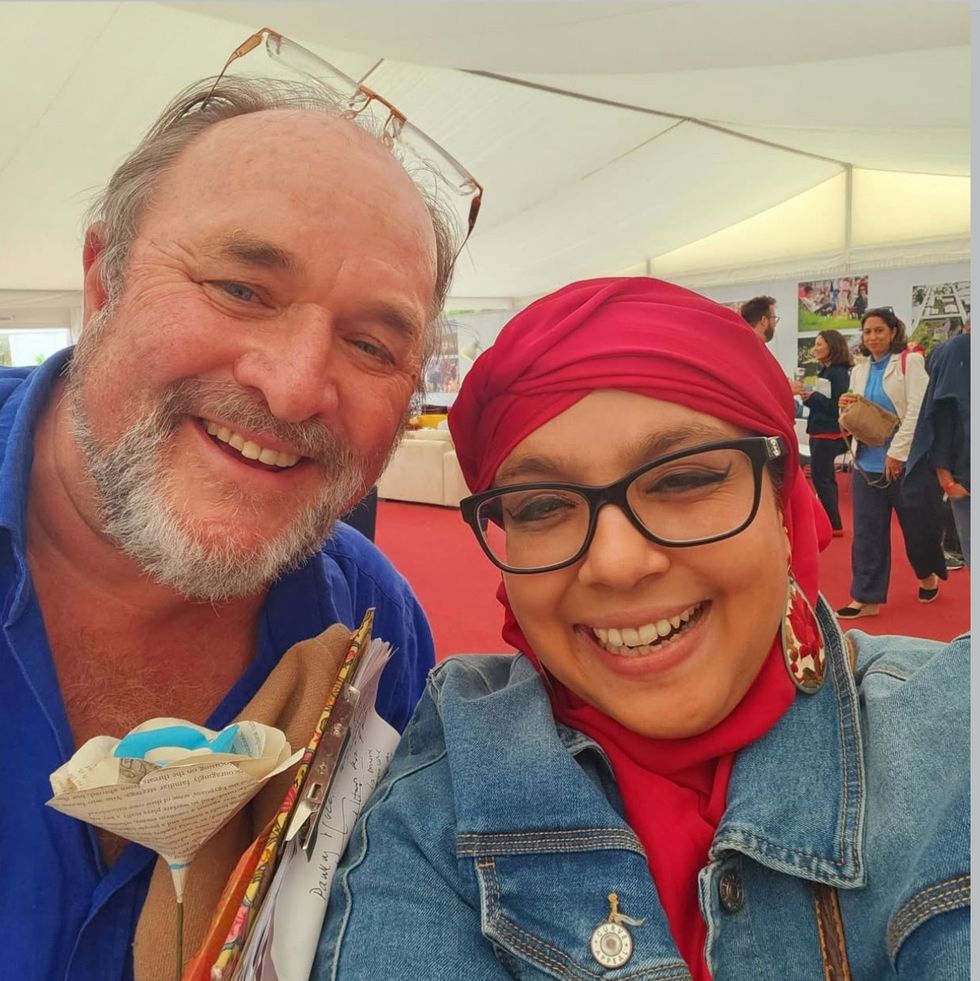 William Dalrymple and Onjali Q Rauf
William Dalrymple and Onjali Q Rauf Ravie Dubey and Sargun Mehta
Ravie Dubey and Sargun Mehta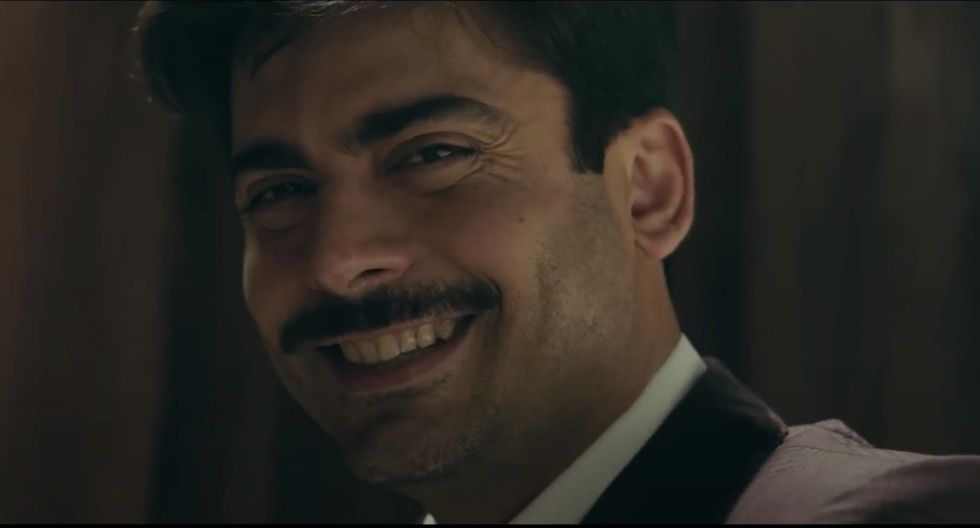 Money Back Guarantee
Money Back Guarantee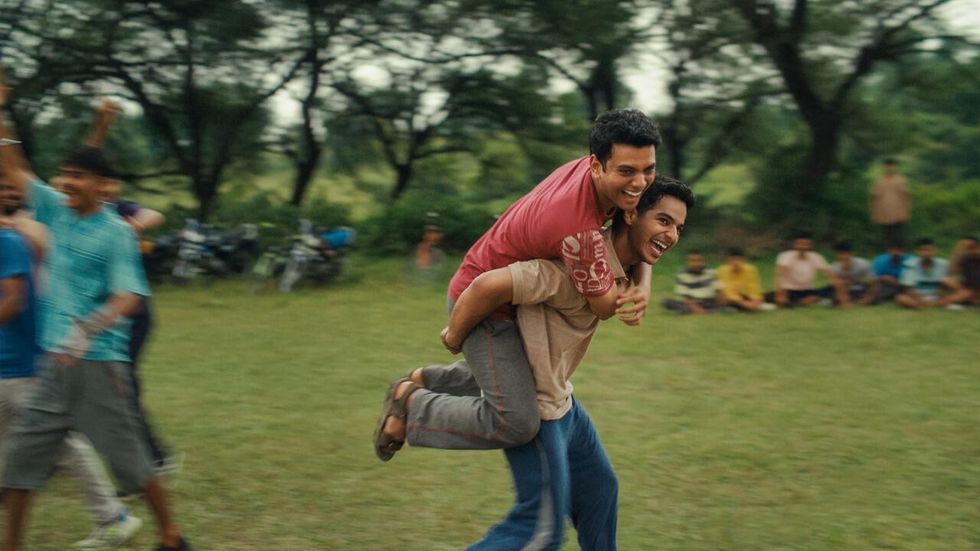 Homebound
Homebound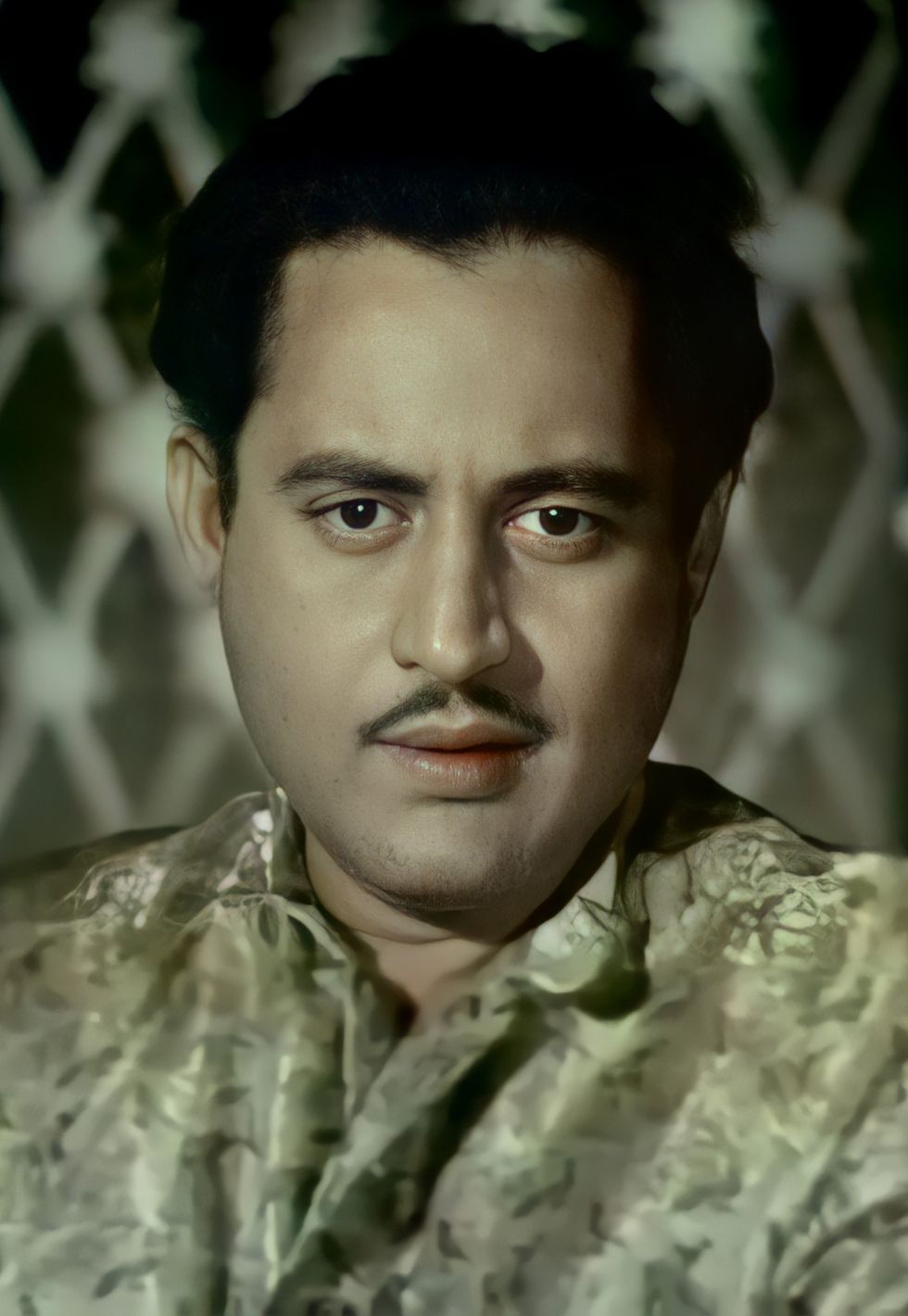 Guru Dutt in Chaudhvin Ka Chand
Guru Dutt in Chaudhvin Ka Chand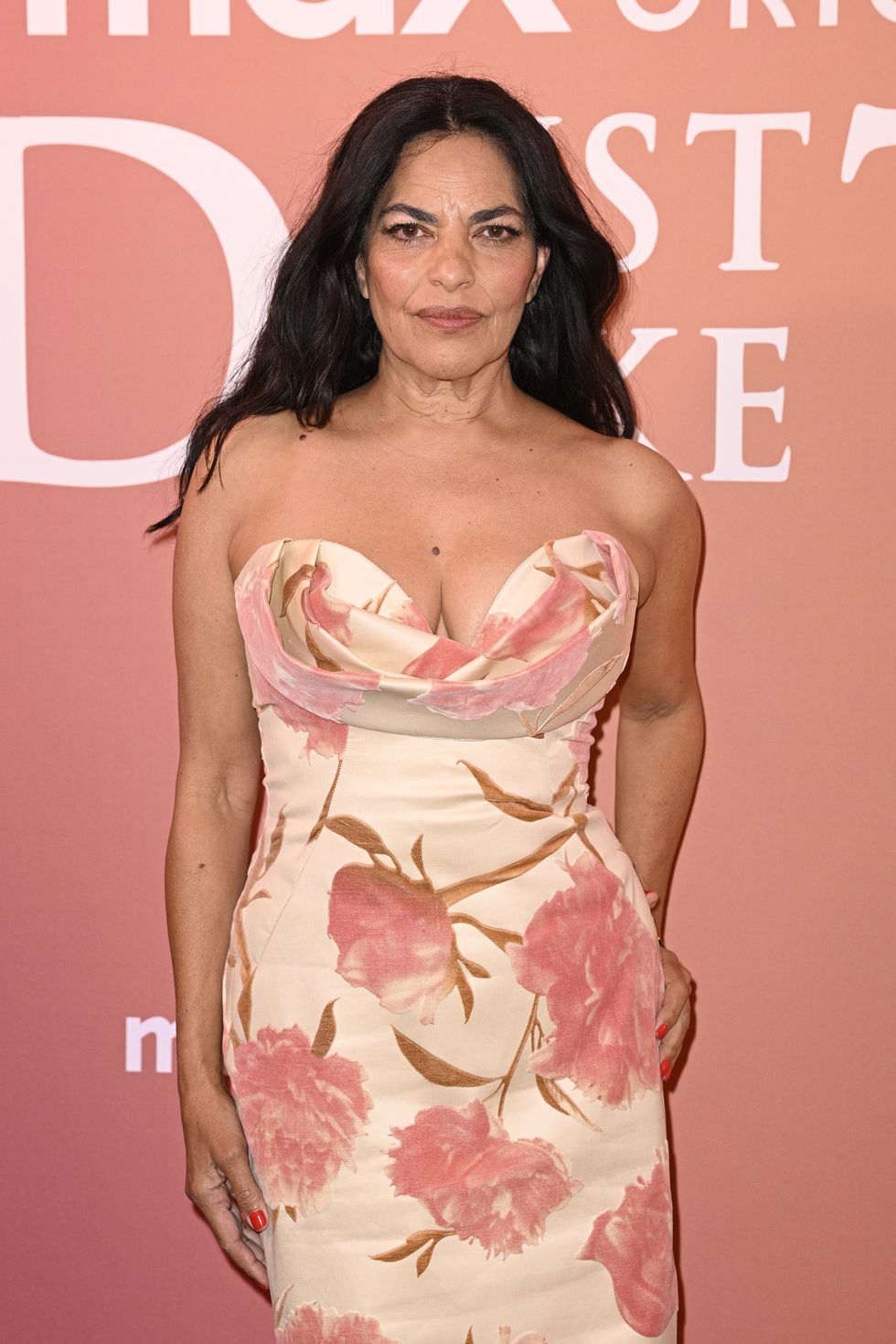 Sarita Choudhury
Sarita Choudhury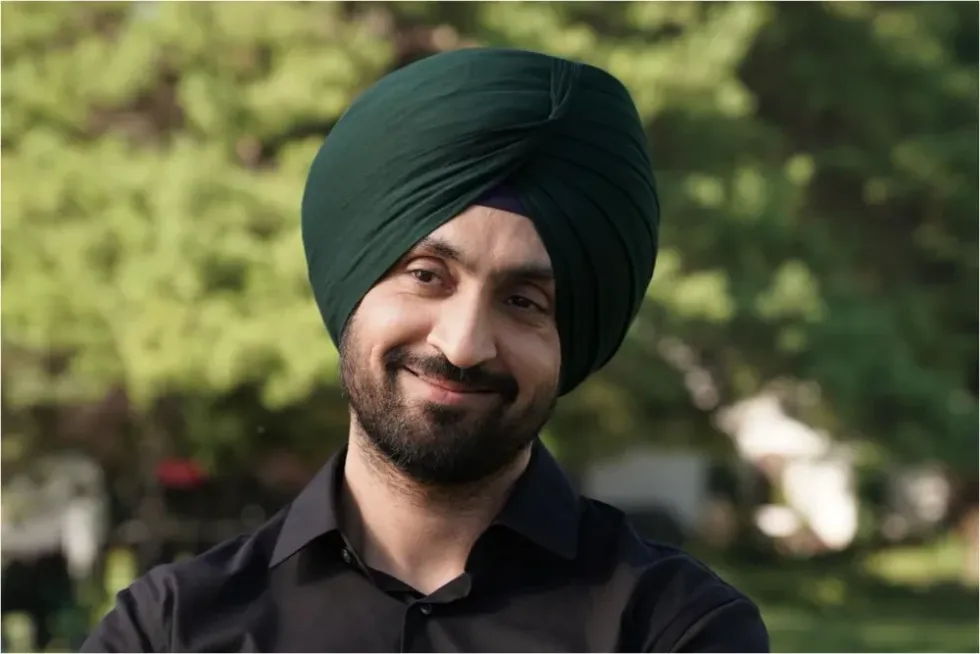 Detective Sherdi
Detective Sherdi